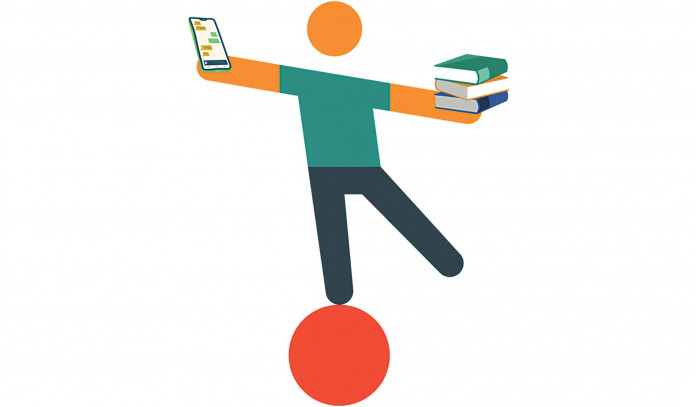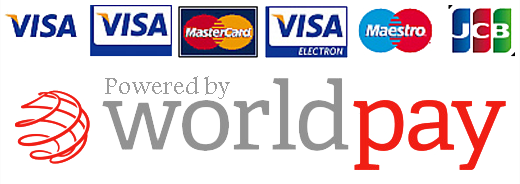DON'T REPLACE ACTUAL TRAVEL.., BUT EXPLORE THE NEW DIMENTIONS...
ua-networks, Jun 18, 2018 at 11:30 AM
‘Virtual Reality’, a single word which suggests immense possibilities in our every-day life. Yes, the information age is over, now it is the time of the experimental age. Unlike the 1950s age, Virtual Reality is not longer a new concept; there have been numerous attempts to use the technology in films, television and in allied sectors to experience the virtual world.The major milestone which transformed Virtual Reality in education streams was the announcement of Facebook founder Mark Zuckerberg about investing $10 million for the development of VR education applications. It can be considered as a breakthrough in changing the pathway of our education system and a real revolution in the education field. It would certainly provide an opportunity for students to gain access to experiential learning environment.

Virtual reality is the term used to describe a three-dimensional, computer generated environment which can be explored and interacted with by a person. That person becomes part of this virtual world or is immersed within this environment and whilst there, is able to manipulate objects or perform a series of actions. When it comes to new innovations and technology, the field of education often lags far behind. But the change has already taken place and Virtual Reality in education is replacing textbooks with interactive educational experiences. In the present scenario, we are all connected by the internet like neurons in a giant brain and this revolution did not happen at a single magical moment, it took many years of research and development to reach this point. Likewise the future of virtual reality can be defined by how we use these coming five years to bring about new innovations and change the next coming hundred years. The main goal of Virtual Reality in education is to make studying process exciting and more effective.Virtual reality makes the classic studying process a really fascinating experience.As visualization helps to understand and remember, students can get even more immersive experiences with training simulations. VR is proven capable of fitting any school and university subject or program.
- Virtual Fields Trips
- Content Creation
- Medical Programs
- Training
- Distant Learning
Besides all these advantages, there are some roadblocks which make the pathway difficult. The main drawback of Virtual Reality in educational context is price and accessibility. Most of the Universities and schools might not want to dedicate or afford a major share of their budget to emerging technologies. But to make a change, we have to focus on building the new one, not fighting on old. To see virtual Reality as a reality, we have to see the challenges that we face as opportunities.







